iranhr – Since 2018, five leading personalities, lawyers and human rights defenders have prefaced the Annual Report on the Death Penalty in Iran. As their timeless and essential words are as relevant today as they were when written, we are resharing them in memory of Robert Badinter, the French Justice Minister who enacted the abolition of the death penalty in France in 1981 who sadly passed away on 9 February 2024.
2018, SHIRIN EBADI (Lawyer and 2003 Nobel Peace Prize laureate):
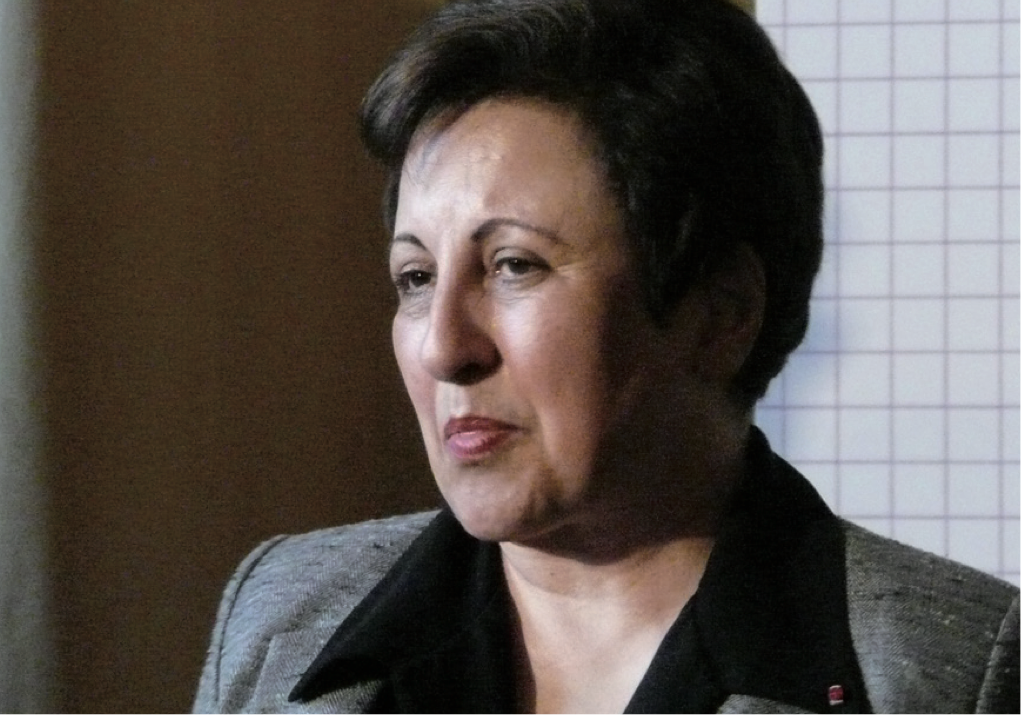
Many individuals subjected to this punishment (the death penalty) in Iran come from ethnic groups and, fortunately, legal experts, defenders of human rights and civil society organisations deal with this punishment with increasing importance. Several organisations protest by publishing reports which aim to draw international attention to this issue. What is in front of you is one of the most authoritative reports in this regard and scrutinising it will shed light on different aspects of this punishment.
2019, ROBERT BADINTER (The late former French Minister of Justice, Honorary Chair of ECPM):
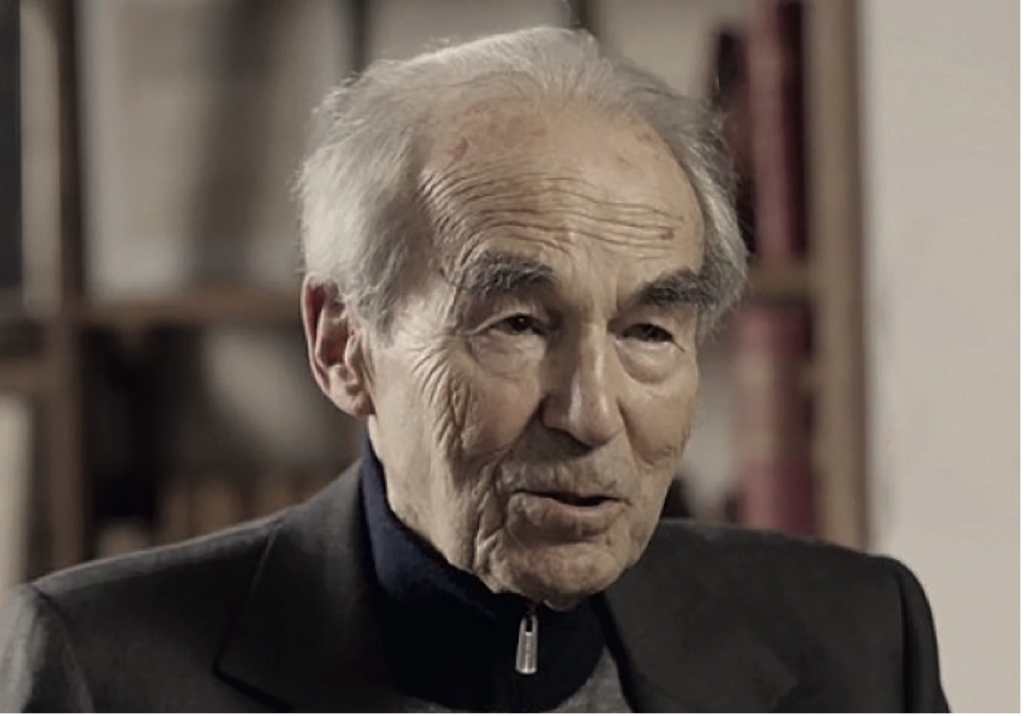
Iran and its people, heirs to a long and glorious history, deserve better than this bloody record. The inevitable and imminent day when the death penalty will disappear from Iran will be a day of jubilation, a victory for life over death, for all abolitionists – and first of all those in Iran.
2020, NARGES MOHAMMADI (Human rights defender and 2023 Nobel Peace Prize laureate, currently jailed in Evin Prison, Iran):
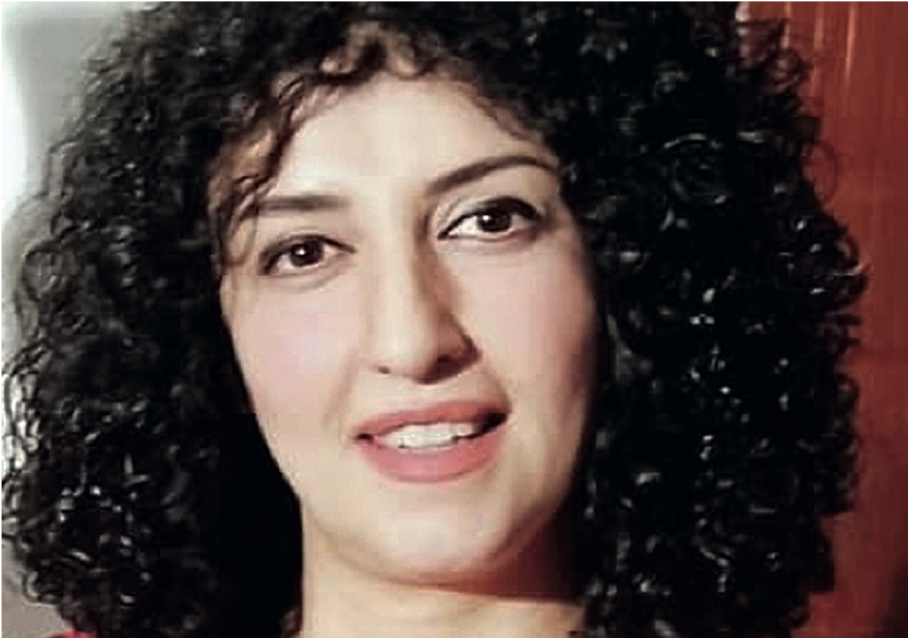
One of the most serious causes I have fought for in my life has been the abolition of the death penalty in Iran. It is unacceptable to end a life, no matter what the justification may be. I am not opposed to punishing criminals; criminals will continue to be punished until the root causes of their crimes are eradicated, but crimes persist and this is neither a desirable, nor an acceptable outcome for society. It is difficult for me to see the children left behind after the execution of their mother and/or father. Not only do those children lose their parents, but they cannot even talk about them due to societal shame. They lose everything, and it remains to be seen what horrific fate awaits them.
2021, MOHAMMAD RASOULOF (Award-winning Iranian filmmaker and abolitionist):
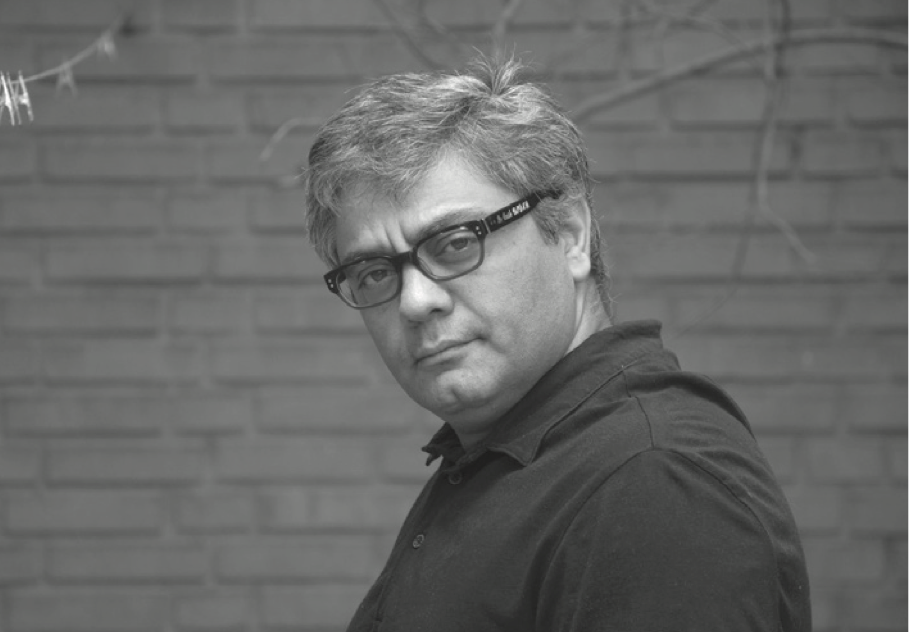
Employees at the relevant agencies, as well as military forces, judicial officers, prosecutors, judges and many others who are directly or indirectly involved in the implementation of the death penalty, are not sufficiently aware of the important role they play in this system and see their role as insignificant and ineffective. They need to learn to accept personal responsibility as part of this chain. It is essential for this group to be directly or indirectly educated by abolitionists so that they may have the courage to engage in overt or covert disobedient action.
2002, ATENA DAEMI (Human Rights Defender and Former Political Prisoner):
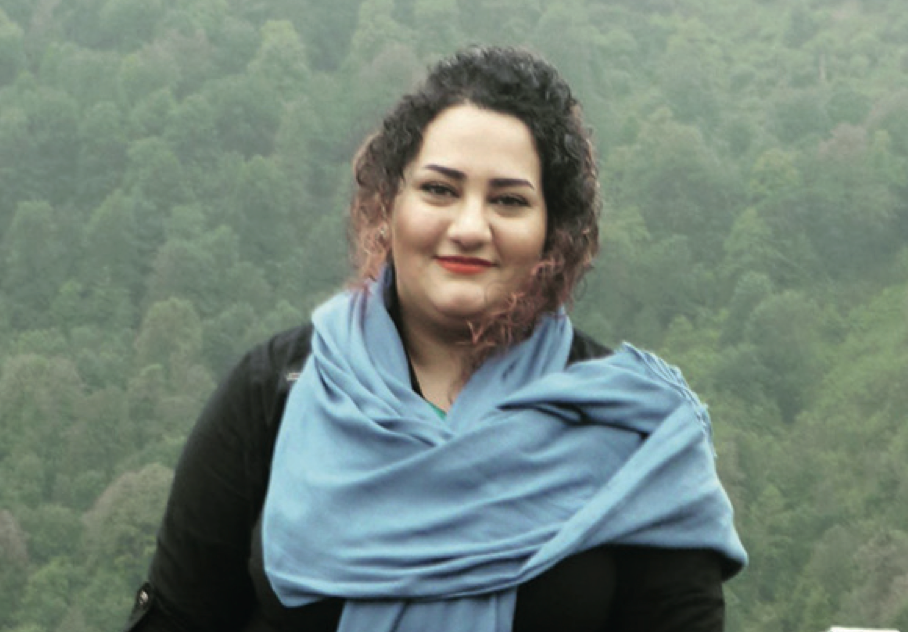
And yet the fight to abolish the death penalty continues, as fortunately, a large part of society has realised the inhumanity of this punishment and its inefficacy in deterring criminal offences. The government’s efforts to present the death penalty as religiously and legally legitimate have failed. The public demands the complete abolition of the death penalty. We activists of the right to life will continue this struggle until that has been achieved.
Since 2018, five leading personalities, lawyers and human rights defenders have prefaced the Annual Report on the Death Penalty in Iran. As their timeless and essential words are as relevant today as they were when written, we are resharing them in memory of Robert Badinter, the French Justice Minister who enacted the abolition of the death penalty in France in 1981 who sadly passed away on 9 February 2024.
2018, SHIRIN EBADI (Lawyer and 2003 Nobel Peace Prize laureate):

Many individuals subjected to this punishment (the death penalty) in Iran come from ethnic groups and, fortunately, legal experts, defenders of human rights and civil society organisations deal with this punishment with increasing importance. Several organisations protest by publishing reports which aim to draw international attention to this issue. What is in front of you is one of the most authoritative reports in this regard and scrutinising it will shed light on different aspects of this punishment.
2019, ROBERT BADINTER (The late former French Minister of Justice, Honorary Chair of ECPM):

Iran and its people, heirs to a long and glorious history, deserve better than this bloody record. The inevitable and imminent day when the death penalty will disappear from Iran will be a day of jubilation, a victory for life over death, for all abolitionists – and first of all those in Iran.
2020, NARGES MOHAMMADI (Human rights defender and 2023 Nobel Peace Prize laureate, currently jailed in Evin Prison, Iran):

One of the most serious causes I have fought for in my life has been the abolition of the death penalty in Iran. It is unacceptable to end a life, no matter what the justification may be. I am not opposed to punishing criminals; criminals will continue to be punished until the root causes of their crimes are eradicated, but crimes persist and this is neither a desirable, nor an acceptable outcome for society. It is difficult for me to see the children left behind after the execution of their mother and/or father. Not only do those children lose their parents, but they cannot even talk about them due to societal shame. They lose everything, and it remains to be seen what horrific fate awaits them.
2021, MOHAMMAD RASOULOF (Award-winning Iranian filmmaker and abolitionist):

Employees at the relevant agencies, as well as military forces, judicial officers, prosecutors, judges and many others who are directly or indirectly involved in the implementation of the death penalty, are not sufficiently aware of the important role they play in this system and see their role as insignificant and ineffective. They need to learn to accept personal responsibility as part of this chain. It is essential for this group to be directly or indirectly educated by abolitionists so that they may have the courage to engage in overt or covert disobedient action.
2002, ATENA DAEMI (Human Rights Defender and Former Political Prisoner):

And yet the fight to abolish the death penalty continues, as fortunately, a large part of society has realised the inhumanity of this punishment and its inefficacy in deterring criminal offences. The government’s efforts to present the death penalty as religiously and legally legitimate have failed. The public demands the complete abolition of the death penalty. We activists of the right to life will continue this struggle until that has been achieved.
Since 2018, five leading personalities, lawyers and human rights defenders have prefaced the Annual Report on the Death Penalty in Iran. As their timeless and essential words are as relevant today as they were when written, we are resharing them in memory of Robert Badinter, the French Justice Minister who enacted the abolition of the death penalty in France in 1981 who sadly passed away on 9 February 2024.
2018, SHIRIN EBADI (Lawyer and 2003 Nobel Peace Prize laureate):

Many individuals subjected to this punishment (the death penalty) in Iran come from ethnic groups and, fortunately, legal experts, defenders of human rights and civil society organisations deal with this punishment with increasing importance. Several organisations protest by publishing reports which aim to draw international attention to this issue. What is in front of you is one of the most authoritative reports in this regard and scrutinising it will shed light on different aspects of this punishment.
2019, ROBERT BADINTER (The late former French Minister of Justice, Honorary Chair of ECPM):

Iran and its people, heirs to a long and glorious history, deserve better than this bloody record. The inevitable and imminent day when the death penalty will disappear from Iran will be a day of jubilation, a victory for life over death, for all abolitionists – and first of all those in Iran.
2020, NARGES MOHAMMADI (Human rights defender and 2023 Nobel Peace Prize laureate, currently jailed in Evin Prison, Iran):

One of the most serious causes I have fought for in my life has been the abolition of the death penalty in Iran. It is unacceptable to end a life, no matter what the justification may be. I am not opposed to punishing criminals; criminals will continue to be punished until the root causes of their crimes are eradicated, but crimes persist and this is neither a desirable, nor an acceptable outcome for society. It is difficult for me to see the children left behind after the execution of their mother and/or father. Not only do those children lose their parents, but they cannot even talk about them due to societal shame. They lose everything, and it remains to be seen what horrific fate awaits them.
2021, MOHAMMAD RASOULOF (Award-winning Iranian filmmaker and abolitionist):

Employees at the relevant agencies, as well as military forces, judicial officers, prosecutors, judges and many others who are directly or indirectly involved in the implementation of the death penalty, are not sufficiently aware of the important role they play in this system and see their role as insignificant and ineffective. They need to learn to accept personal responsibility as part of this chain. It is essential for this group to be directly or indirectly educated by abolitionists so that they may have the courage to engage in overt or covert disobedient action.
2002, ATENA DAEMI (Human Rights Defender and Former Political Prisoner):

And yet the fight to abolish the death penalty continues, as fortunately, a large part of society has realised the inhumanity of this punishment and its inefficacy in deterring criminal offences. The government’s efforts to present the death penalty as religiously and legally legitimate have failed. The public demands the complete abolition of the death penalty. We activists of the right to life will continue this struggle until that has been achieved.
 Shabtabnews In this dark night, I have lost my way – Arise from a corner, oh you the star of guidance.
Shabtabnews In this dark night, I have lost my way – Arise from a corner, oh you the star of guidance.



